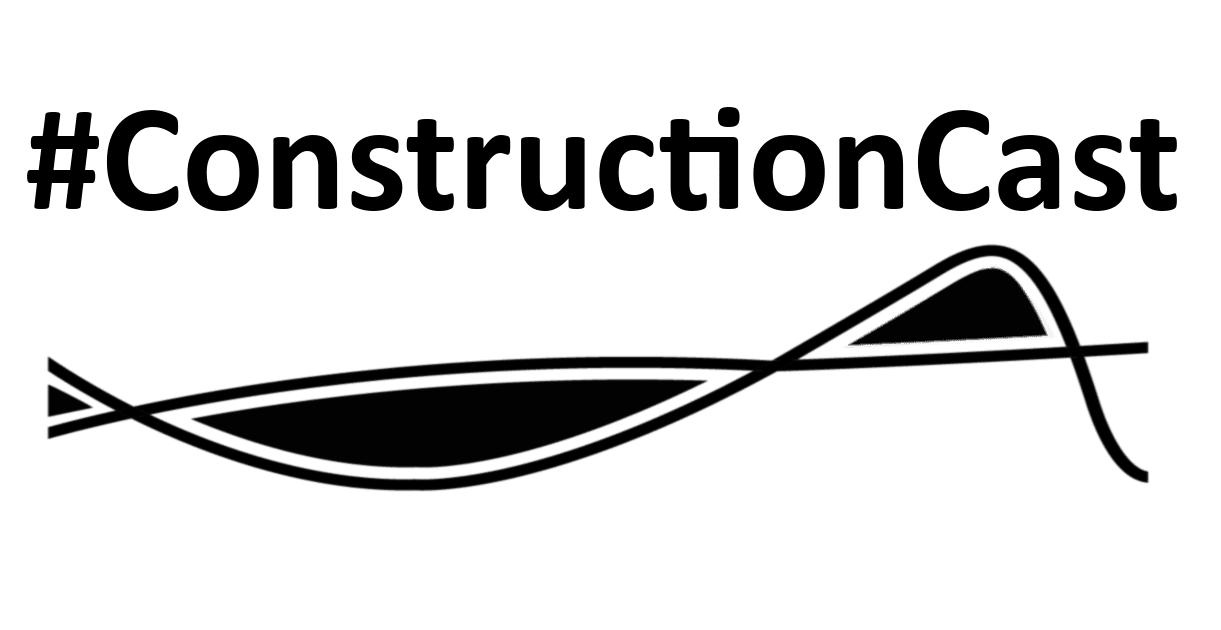A fantastic turnout for the latest in the series, and many thanks to our presenters John Delaney of Base Quantum, Sarah Hannaford of Keating Chambers, Éamonn Conlon and Expert QS, George Taft of Secretariat. You can watch the recording below, or simply catch up with our brief write-up…
Do We Still Need Expert Witnesses?
In light of the increased enthusiasm for ADR and keenness to keep costs low in dispute resolution, will we ever reach a point where we will have ‘had enough of experts’? Our opening question for expert QS, John Delaney:
John says no. There’s a long history of lay people have assisting courts and tribunals. A judge, without an expert witness, when deciding complex technical matters, might form an incorrect decision or opinion. Due to the nature of adjudication, experts can actually provide great assistance. For example, in matters of detail, adjudicators may not have the time to perform a detailed analysis of evidence due to the time-constrained nature of adjudication. There are also some pitfalls associated with adjudicators going in and exploring the case themselves, highlighted by courts in the past.
In Court How Do You Deal with Advocacy that Catches You Unawares?
Three different situations can occur to catch out an expert according to expert QS, George. Careful avoidance of situations (as far as possible) is the best solution. For this, preparation is key. Good preparation enables you to foresee the sort of points that might be raised and prepare for them adequately.
An example may be a question outside of your expertise. The rule here is to not be tempted to stray into an area outside your expertise or attempt to answer the question. Instead, confirm it is not something in your expert remit. Concede you don’t know or are not appointed to deal with such issues. In the event you cannot see the relevance of the question being asked, don’t enter into an argument over its relevance. Try to still go on and answer it.
If you receive a complicated question be straight forward and say if you require extra time to answer the question. Try not to sound overly incisive if it is something that you have doubts over and can’t give an accurate response.
If a situation concerns something you’ve written or said in the past, try and foresee any questions that you could be asked about. When responding, be honest and clear in seeking to explain why the specifics are different such that there is no inconsistency. Try not to let something knock you; best to move on as it may not be an issue anyway.
How Do You Find A Good Expert Witness and What Checks Do You Put in Place?
Legal expert, Éamonn Conlon says that he would go to someone who knows. He would assemble broader evidence and gather expert opinions. Expert witnesses such as those with niche knowledge may be more difficult to find. He would personally expect his clients to have contacts who may know of someone within this particular area or he would speak to colleagues or organisations.
In order to background check an expert: Again, reliance on advice, referrals and reputation are key. Eamonn may also search on Bailii for past cases in which an expert has been involved. A bad outcome may not necessarily preclude an appointment. However, certain things in a judgment may help identify a good or bad expert in many cases.
What Might Counsel Find Challenging When Working with Experts?
Sarah Hannaford says that there are multiple things that can be challenging when working with construction experts, in particular concerning reports.
She cites common faults in reporting, including:
- Very lengthy reports,
- Inaccessible or poorly drafted reports
- Badly formatted reports.
Keep reports concise, and number paragraphs properly. And bear in mind that executive summaries are like Marmite… You either love them or hate them. If you do include one ensure it converges with the conclusion.
Appendices
In the appendix – do not include the main content: this should be included within the body of the report. Finally, remember that the tribunal is human. They will get bored. Write in proper sentences that make sense, moreover, deal with issues in a logical order.
Other things that annoy counsels when working with experts involved their expert being caught out in a cross-examination. Sarah advises experts should work to foresee any issues. She advises experts: listen carefully to the questions asked. Then listen even more carefully to re-examination questions, they may be formulated to recover a difficult situation. Experts should certainly not stray into commenting on facts.
Thank you again to all our expert speakers for joining us. Check our social media for the next #ConstructionCast.

